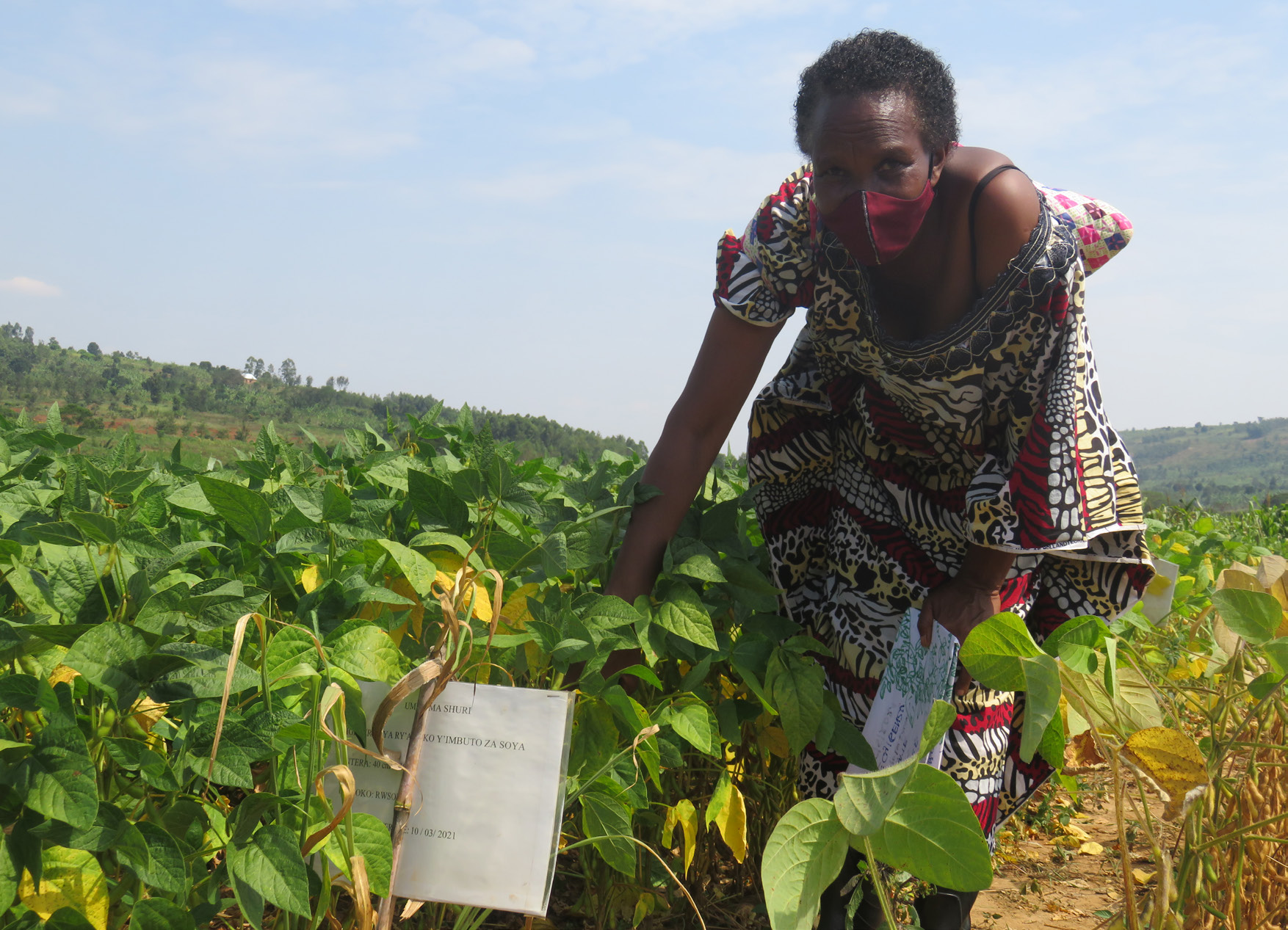PRISM Enabel
Partnership for resilient and inclusive small stock market in Rwanda

The Partnership for Resilient and Inclusive Small stock Market project started on July 2019 until June 2024 and officially launched on 29th October 2020. It is a five year project having a total budget of Euro 15.5M to contribute to the reforms and transformation of the pork, poultry and animal feeds value chains by facilitating a private sector investment, market growth and competitiveness resilience to climate change and by strengthening the capacities of farmers across 10 districts in Rwanda.
Implementation modalities
- Facilitate value chain actors to access to information, technology, finance and market
- Creating synergy among stakeholder to double effort and get triple impact
- Support to have a conducive policy environment for growth and investments in the value chains
Implementing Partners
- Rwanda Agriculture and Animal Resources Development Board (RAB) builds technical capacity of pig, poultry, maize & soya producers through FFS (group-based experimental learning) approach.
- The National Industrial Research and Development Agency (NIRDA), serves the acquisition and/ or provision of technical support to maximize the use of equipment or systems for technologies to improve industrial competitiveness.
- CICA/MINAGRI supports awareness campaigns for compliance and enforcement of standards & regulations as well as healthy diets. It also supports MINAGRI to create a conducive policy frame work for the poultry and pig value chain development.
- BRD: Rwanda development bank will facilitate the access to finance for the poultry, pig and animal feed value chain actors.
- RICA: Enhance the capacity the country in poultry and pig meat inspection and certification.
- INGOs namely VSF-Belgium plays a role to improve skills of private vets for provision of proximity veterinary services while AGRITERRA builds the capacity of maize & soya farmers on production & aggregation and link them with market.
Outgrower Service Company project
Enabel has requested Agriterra Rwanda to pilot the so called “Outgrower Service Company (OSC) model” in the Rwandan maize and soybean value chains. The model has been successfully introduced by the Wood Foundation in the tea sector in Rwanda and Tanzania, and gathered thousands of small holder farmers in efficient collective action vehicles based on the principles of economies of scale.
The Rwandan animal feeds industry is emerging, but still depends largely on imports of raw materials. At the same time Rwandan cooperatives are producing and aggregating soybeans and maize, but fail to access these markets. This has to do with management competences, access to inputs, volumes, quality standards and contract compliance issues. With the creation of an Outgrower Service Company led by Agriterra and 6 cooperatives, Agriterra expects to be able to unlock these remunerative markets for thousands of small holder farmers and offer these farmers the services they need to improve their livelihoods. At the end of the project Agriterra will handover its part of the ownership of the OSC to the farmers.
Download here the summary of the annual report 2020-2021 of PRISM Enabel.
It includes some nice testimonies about our maize and soya beans project.

Ignacienne Mukakayiranga, 49, mother of 3, is one the trainees. Farmers in her region have been experiencing difficulties in growing soya beans due to lack of knowledge. She said:
“As result of this training, I am confident to produce more for market to increase my income and animal feed supply. I am expecting to apply the gained skills to increase my production at least to produce a total of 3 tons of maize and soya beans per year. To develop a sustainable production of maize and soya beans for market, I am about form and train a group of at least 25 farmer producers in my village”
